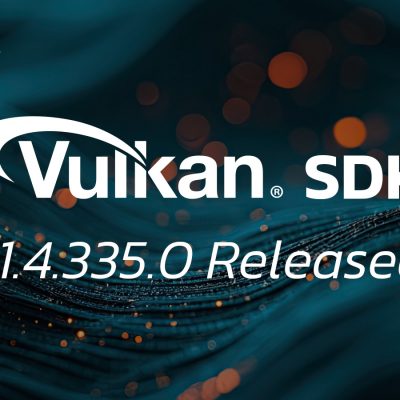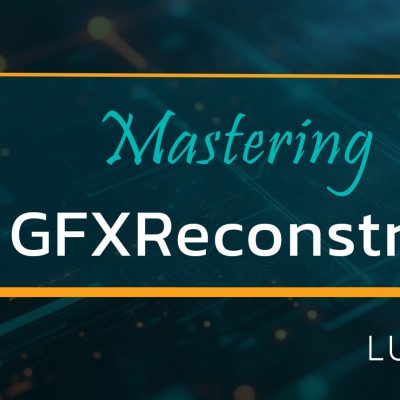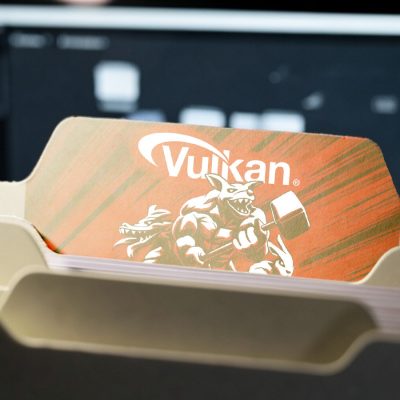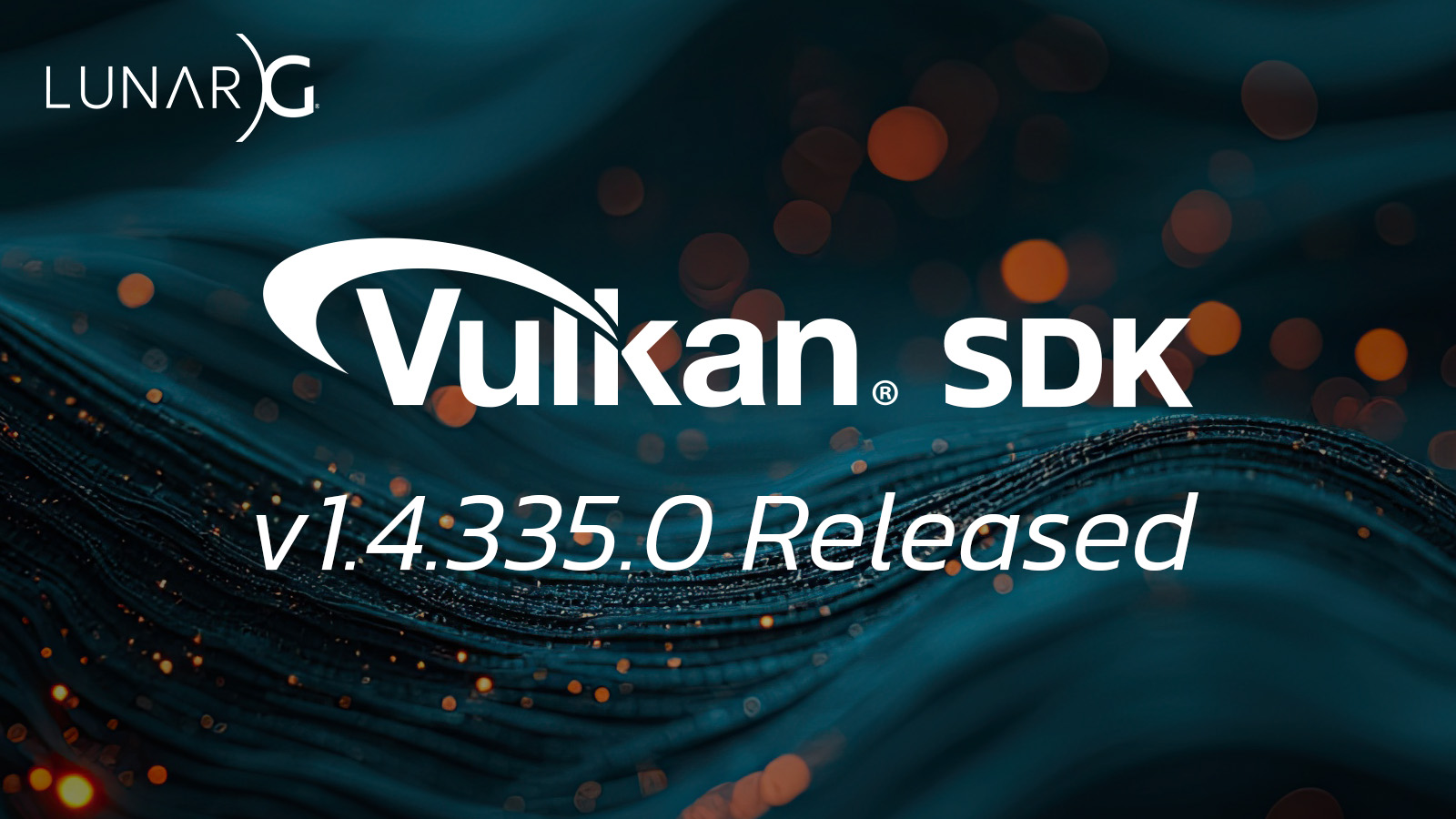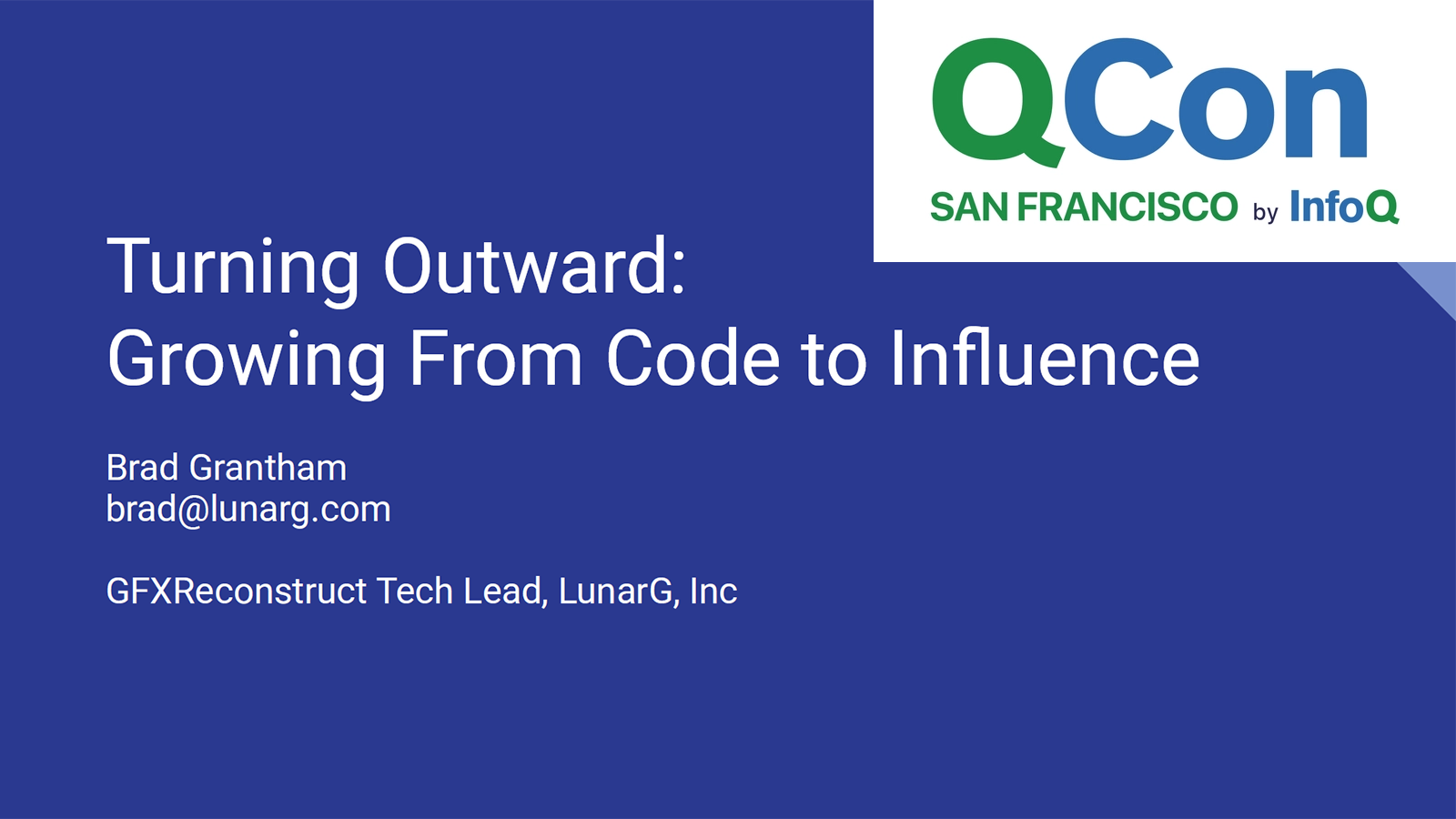Vulkan SDK 1.4.313 Release: New Extensions, Cross-Platform Enhancements, and More
Released 06 May 2025
The Vulkan SDK 1.4.313 release has landed, bringing updates across Linux, Windows, and macOS platforms (download here). Announced on May 6, 2025, this release introduces new extensions, enhances cross-compiling capabilities, improves validation coverage, and upgrades tools like vkconfig3. Whether you’re a game developer, a graphics engineer, or working on compute applications, this update offers valuable additions to streamline your workflow. Let’s break down the key changes in this release.

Deprecation Notices
- The May 2025 SDK release is the last release of Ubuntu Packages. As Ubuntu Packages become older than two years, they will be removed from public availability.
- Visual Studio 2019 will be deprecated in the future and when this happens, SDKs will require the use of Visual Studio 2022.
New Vulkan Extensions
The Vulkan headers in SDK 1.4.313 now include the following new extensions, which are optional and may not be supported by all drivers or ICDs (Installable Client Drivers). Applications can query for these features to ensure compatibility:
- VK_QCOM_tile_memory_heap
- VK_NV_external_compute_queue_vendor
- VK_QCOM_tile_shading
- VK_EXT_fragment_density_map_offset
- VK_KHR_shader_bfloat16
These extensions expand Vulkan’s flexibility, catering to diverse use cases from mobile optimization to machine learning. Developers should query for support using Vulkan’s enumeration functions (e.g., vkEnumerateDeviceExtensionProperties) to ensure compatibility with target hardware.
Enhancements to vkconfig3
The Vulkan Configurator (vkconfig3) sees multiple improvements, making it a more robust tool for debugging and configuration:
- Dark Mode Support: For Windows and macOS, a new dark mode option improves usability in low-light environments, reducing eye strain during long development sessions.Variations in Linux distributions are making proper Linux support problematic. We are continuing to pursue a Linux solution for this oft-requested feature.
- Removal of vkVIA: The vkVIA tool has been deprecated, with its diagnostic functionality now integrated into the System Diagnostic tab of the Vulkan Configurator, streamlining the diagnostic process.
- Log File Creation: vkconfig3 can now generate log files specifically formatted for submission with Vulkan bug reports, simplifying the process of reporting issues to driver vendors or the Khronos Group.
- Additional Enhancements: The vkconfig changelog details further improvements, such as UI tweaks and performance optimizations
These updates make vkconfig3 a more user-friendly and efficient tool for managing Vulkan layers and settings, which is crucial for debugging complex graphics applications.
Cross-Compiling Enhancements (Windows Only)
The Windows release of Vulkan SDK 1.4.313 includes significant improvements for cross-compiling, catering to developers targeting both x64 and ARM64 architectures:
- Windows/x64 SDK: Now includes Windows ARM libraries and DLLs in the Lib-ARM64 and Bin-ARM64 directories, allowing developers to cross-compile for ARM64 devices from an x64 system.
- Windows/ARM SDK: Includes Windows/x64 libraries and DLLs in the Lib-X64 and Bin-X64 directories, enabling cross-compilation for x64 systems from an ARM setup.
- Developer Responsibility: The SDK provides the necessary libraries and DLLs for linking and packaging, but no additional tools (e.g., compilers) are included. Developers must configure their own cross-compilation toolchains, such as using Visual Studio with ARM64 support.
This cross-compiling support is a big win for Windows developers, enabling them to target a broader range of devices—like ARM-based laptops or mixed-architecture deployments—without needing separate build machines. However, the lack of bundled tools means you’ll need to be comfortable setting up your own environment.
Improved Validation Coverage (All Platforms)
All three SDK releases (Linux, Windows, macOS) include enhanced validation layers, a critical component for catching errors in Vulkan applications:
- Updated Validation Documentation: The validation_error_database.csv and validation_error_database.html files have been updated to reflect the latest VUID (Validation Unique ID) coverage status. This documentation helps developers understand which Vulkan API rules are enforced by the validation layers, making it easier to debug and optimize code.
- Broader Coverage: More edge cases and API misuse scenarios are caught by the validation layers. This reduces the likelihood of runtime errors in production applications.
Stronger validation is especially useful for developers new to Vulkan, as it helps identify mistakes early in the development process, saving time and effort.
Why This Release Matters
The Vulkan SDK 1.4.313 release strengthens Vulkan’s position as a versatile, cross-platform API for graphics and compute. The new extensions cater to emerging needs, like efficient mobile rendering (Qualcomm extensions) and machine learning (bfloat16 support), while also supporting advanced rendering techniques (fragment density map offsets). The cross-compiling enhancements for Windows are a practical addition for developers targeting diverse architectures, and the improvements to vkconfig3 and validation layers make debugging easier than ever. Together, these changes empower developers to build more efficient, robust applications across Linux, Windows, and macOS.
Getting Started
Download the latest Vulkan SDK from https://vulkan.lunarg.com. The SDK includes the updated headers, libraries, validation layers, and tools like vkconfig3, along with sample code to help you explore the new extensions. Be sure to check the vkconfig changelog for a full list of enhancements, and review the validation documentation to understand the updated coverage.
Final Thoughts
Vulkan SDK 1.4.313 is a solid update that balances new features with practical improvements. While the new extensions are optional and hardware-dependent, they signal Vulkan’s ongoing evolution to meet modern demands. The cross-compiling support and enhanced tools like vkconfig3 demonstrate a commitment to developer productivity, though Windows developers will need to invest time in setting up their cross-compilation environment. Whether you’re optimizing for mobile, experimenting with machine learning, or debugging a complex render pipeline, this release has something to offer.
A Big Thank You!
LunarG is grateful to every contributor in the Vulkan Ecosystem—your efforts power these SDKs and make them a reality!
Release Notes
About LunarG
GPU software development teams often run into roadblocks they can’t move on their own. LunarG is the industry’s leading problem-solving partner for GPU programming. We provide the tools, expertise, and passion you need to keep moving forward and deliver innovative, quality products. Visit the LunarG website to learn more.
